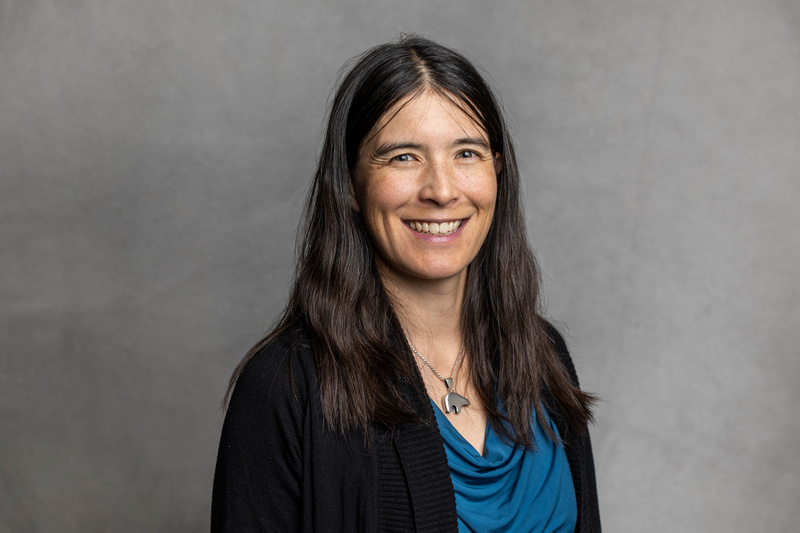Ali Ling, civil engineering professor at the University of St. Thomas School of Engineering, recently joined WCCO Radio to talk about her latest research on PFAS – also known as “forever chemicals” – and how we can all contribute to reducing the use and continued production of PFAS.

From the interview:
Host: What are the risks to our health?
Ling: As with any chemical exposure, the risk is going to depend on how much you’re exposed to. So, most people are exposed primarily through the food that they eat and the food packaging. Also, through household dust in their house. What happens is that it gets into your blood. When you have high levels of PFAS in your blood, it’s been shown that you can have higher risks of certain types of cancers. You can have immune dysfunction. There are impacts to development for small children, as well as immune impacts. For example, if you get a vaccine and you have high levels of PFAS in your blood, you might not respond as well or get the same amount of immunity as you would otherwise. ...
Host: Real quickly, what can just an average person do related to this topic? Cause it is a concern for a lot of people, and for all of us.
Ling: I think the number one thing to do is to use purchasing power to try to support PFAS-free supply chain. So, there are a number of groups, including Environmental Working Group, and they have a list of companies that are going PFAS-free. And if you purchase things from those companies rather than somewhere else, you are doing two things: you’re supporting a transition to a PFAS-free supply chain, you’re also protecting your family from more exposure to PFAS in your household.







